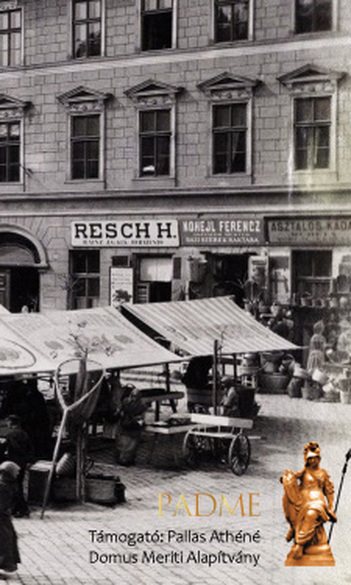Introduction

The central theme of our research project is the history of business cooperation in the 19th and 20th century. Throughout history, we see many examples of companies and businessmen cooperating with each other building formal and informal relationships. Economic history research has shown that relations between companies are characterized at least as much by cooperation as by competition. Since the 19th century, a number of trade associations, chambers and employers' organizations have been established that have served business collaboration. Companies have made informal or formal agreements with each other to regulate their business environment since long. Until the Second World War, domestic and international cartels were important players in the markets outside the United States and could contribute in many forms to the more effective functioning of their member companies. Family and kinship ties, church networks, informal social life of economic actors all provided opportunities to build various forms of business relations.
The aim of our project is to examine what types of cooperation did emerge among companies and entrepreneurs in 19th and 20th century Hungary. We are looking for factors that explain why otherwise competing firms have collaborated with each other. The project does not focus only on large managerial enterprises, but also includes family firms, manorial estates and socialist enterprises.
As the first research centre for business history in Hungary, our goal is to communicate our results to the domestic and international scientific community through conferences and publications, and to the wider public as well.

